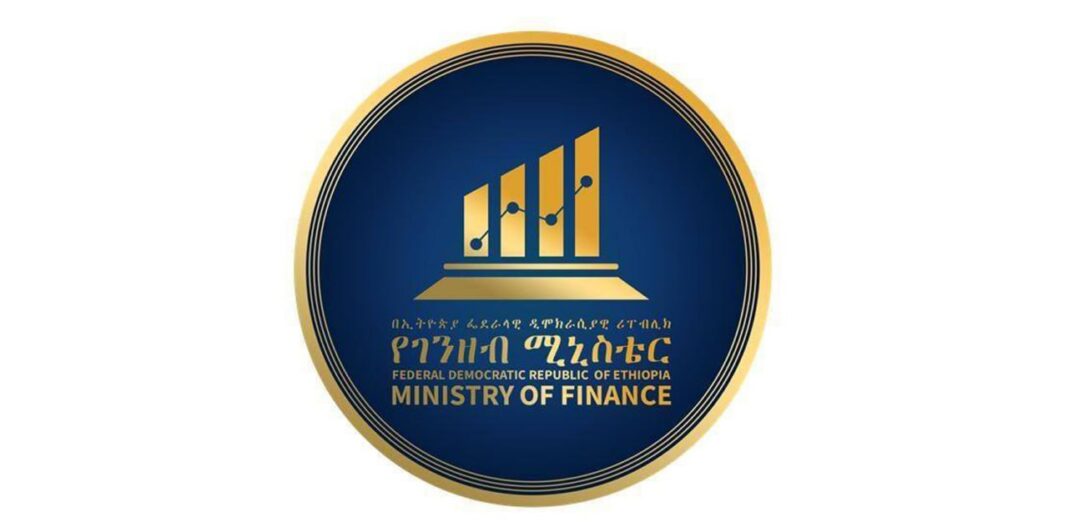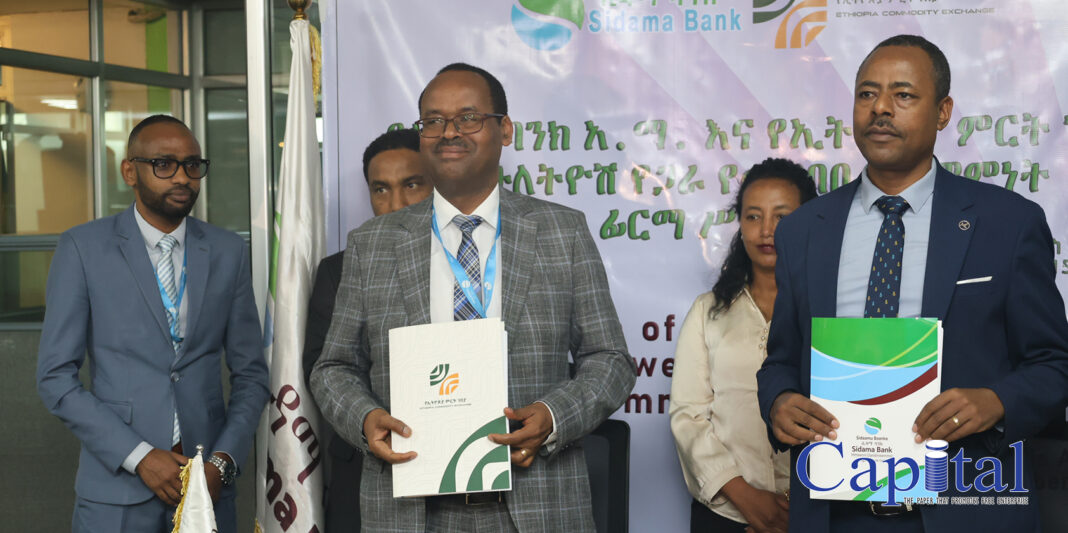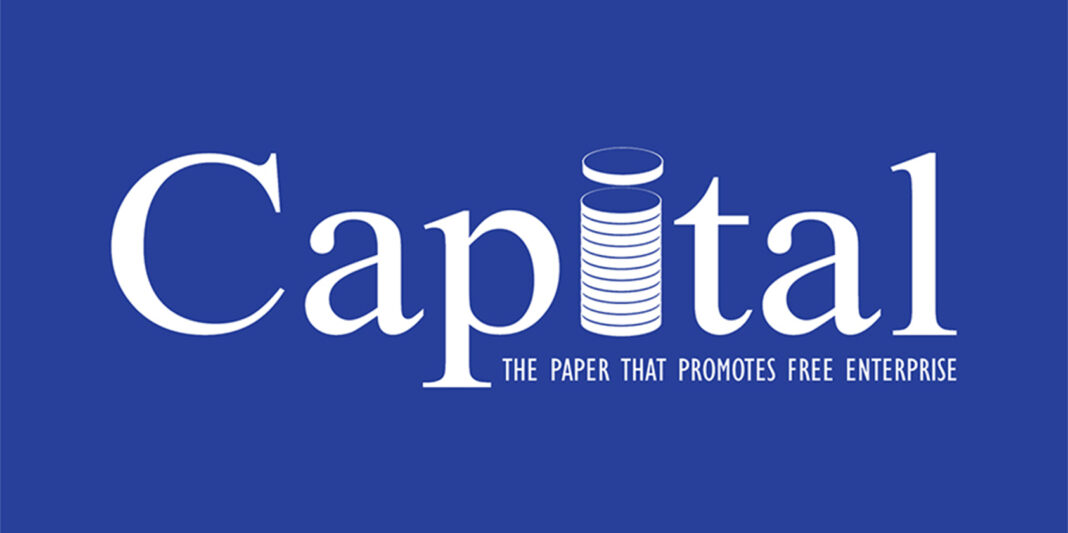The Ministry of Finance has confirmed the full implementation of a combined 30 percent tax on petroleum products for the fiscal year 2025/26, comprising a 15 percent value-added tax (VAT) alongside a 15 percent excise duty. This move marks a significant shift in the country’s fiscal policy, reinforcing the government’s commitment to the Homegrown Economic Reform Agenda but raising widespread concerns about its potential economic impact.
The newly approved ‘citizens budget’ outlines these taxation measures, which collectively place a substantial new burden on fuel prices for consumers and businesses alike. Given fuel’s central role in transportation, agriculture, and manufacturing, experts warn that the tax increase risks exacerbating inflationary pressures already elevated by high costs and prior reductions in fuel subsidies.
Since mid-2022, the Ethiopian government has phased out fuel subsidies to curb public spending and correct market inefficiencies. This process has already led to more than a 50 percent rise in diesel and gasoline prices. Despite partial subsidies remaining, the national inflation rate was officially 13.7 percent in August 2025, and economists anticipate the new tax measures may push inflation higher.
Sector experts highlight the serious risks posed by the fuel tax increase, including the potential to dampen economic activity by raising operational costs for businesses and further eroding purchasing power among Ethiopian households. Critics argue that introducing such high taxation on vital commodities during a period of elevated living costs could trigger public dissatisfaction and financial instability.
Finance Minister Ahmed Shide emphasized the necessity of the reforms during a parliamentary session three months ago, acknowledging that domestic tax revenues have struggled to keep up with economic growth. He insisted that the fuel tax is not intended to completely eliminate subsidies but to control and ensure their sustainability. The minister further explained that alongside the VAT and excise tax, the government approved a new motor vehicle transfer tax as part of a broader strategy to strengthen public finances while gradually reducing subsidies without significantly widening the budget deficit.
Ethiopia currently struggles with one of the lowest tax-to-GDP ratios in Sub-Saharan Africa, below 10 percent according to World Bank data, making revenue expansion through tax reform a cornerstone of fiscal consolidation efforts. The Ministry of Finance plans a series of complementary tax reforms, including the introduction of a Minimum Alternative Tax (MAT) and adjustments to withholding income tax rates, aiming to raise total government revenues to approximately 1.93 trillion birr.
To address the expected budget deficit of 416.8 billion birr for 2025/26, the government intends to rely primarily on domestic loans and support from development partners. Of this deficit, 277.5 billion birr is planned to be covered by domestic borrowing, with an additional 112.6 billion birr from direct budget support loans.
Despite significant public controversy around the increased fuel tax, government officials assert that the 2025/26 budget reflects a focus on economic stability and developmental priorities. The official Citizens’ Budget projects a robust GDP growth rate of 8.9 percent for the fiscal year, alongside a moderated inflation rate decline from 13.9 percent to 11.9 percent. The fiscal deficit is also forecasted to shrink from 2.06 percent of GDP to roughly 1.0 percent.







